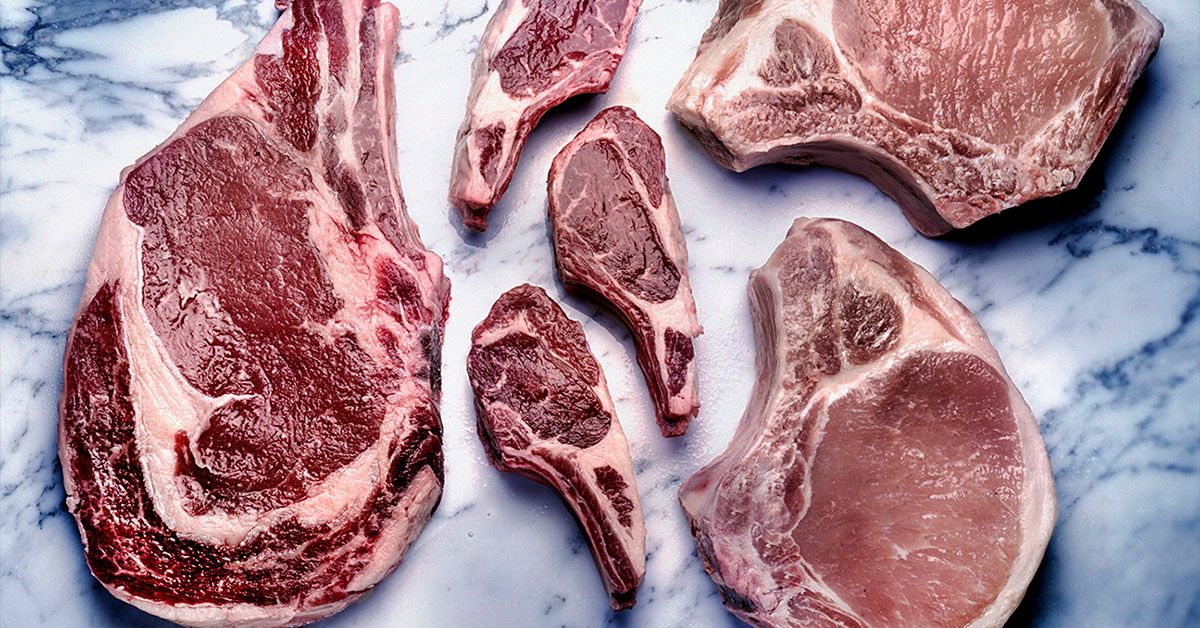A recent study suggests that high intake of heme iron, found in red meat and other animal products, may increase the risk of developing type 2 diabetes. Researchers discovered that individuals who consumed the most heme iron had a 26% higher risk of diabetes compared to those who consumed the least. This research, published in Nature Metabolism, examined data from the Nurses’ Health Studies I and II and the Health Professionals Follow-up Study, focusing on over 200,000 adults. Blood plasma levels of various biomarkers were analyzed to explore the potential metabolic pathways between heme iron and type 2 diabetes.
However, the study had limitations such as not accounting for all confounding factors and limited racial diversity among the participants. The rise in popularity of diets heavy in red meat, like paleo and ketogenic diets, has raised concerns among healthcare experts due to their association with other health risks. Meat-based diets have been linked to accelerated aging, cardiovascular issues, and overall mortality, making it important to consider the risks of consuming large amounts of red meat on a regular basis.
Registered dietitian nutritionist Melanie Murphy Richter suggests that the popularity of meat-based diets can be attributed to the emphasis on physique over longevity, a demonization of carbohydrates, and unequal access to healthy plant-based alternatives. Diets that focus on excessive animal protein consumption, such as meat, eggs, and dairy, have been shown to increase the risk of age-related diseases like type 2 diabetes, cardiovascular disease, and all-cause mortality. Plant-based diets, such as the Mediterranean diet or strict vegetarian diets, have been widely studied for their health benefits and lower risks of chronic diseases and anti-cancer properties.
Richter recommends a diet based on whole foods, such as vegetables, fruits, nuts, legumes, and seeds. However, caution should be taken with widely available meat substitutes, as they can be highly processed and contain high levels of sodium, artificial additives, and unhealthy fats. Individuals should prioritize getting essential nutrients from food before turning to supplements, as iron supplements can be hard on the stomach and may not absorb as well as iron from whole foods. It’s essential to consult with a doctor before taking iron supplements to avoid iron toxicity and ensure proper absorption of nutrients.
In conclusion, the study’s findings highlight the potential risks associated with high heme iron consumption, particularly from red meat and animal products, in relation to the development of type 2 diabetes. While plant-based diets have been shown to offer numerous health benefits and lower risks of chronic diseases, caution should be taken with highly processed meat alternatives. Prioritizing whole foods over supplements can help individuals maintain a balanced and nutrient-rich diet while minimizing the risk of health issues associated with excessive meat consumption.










